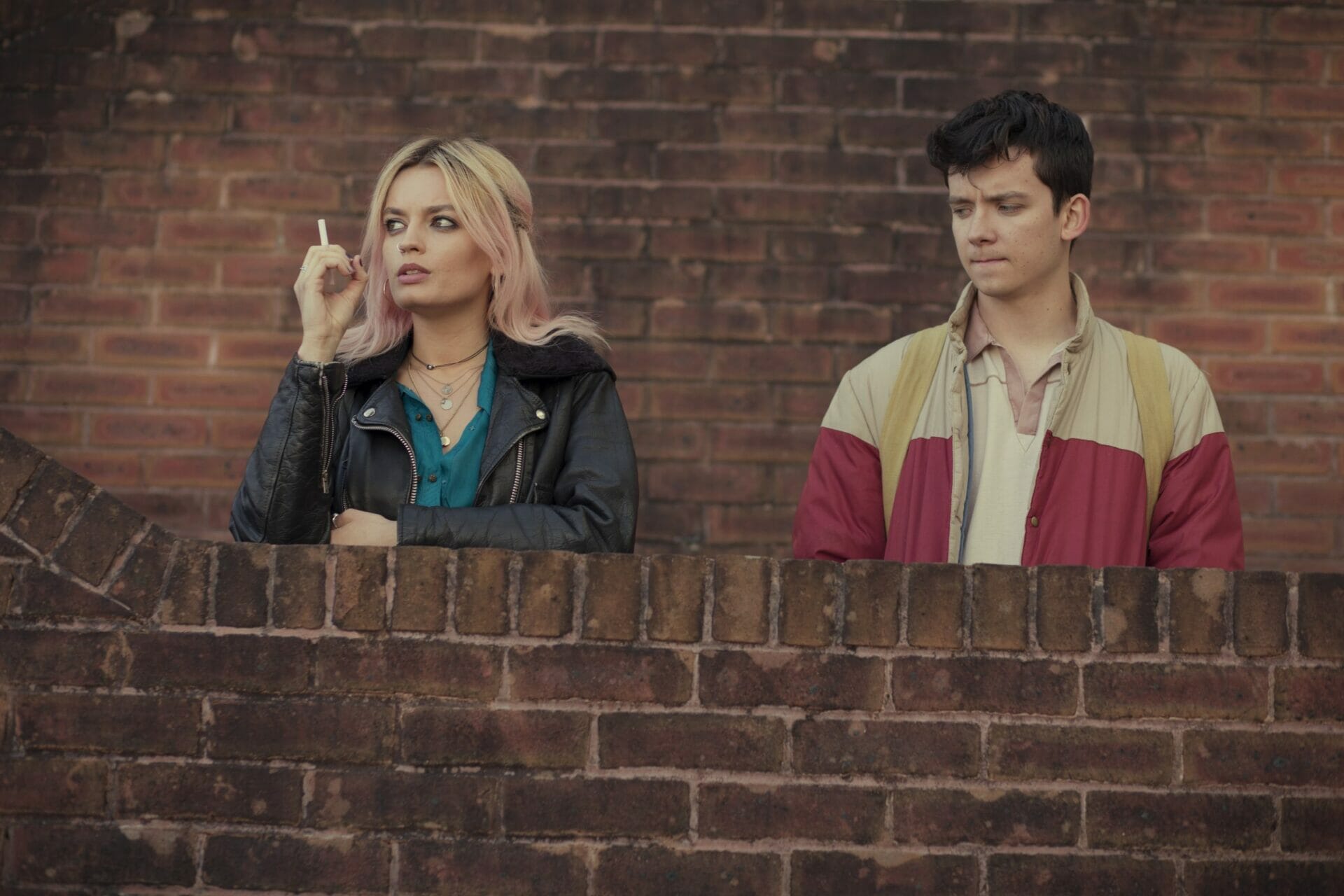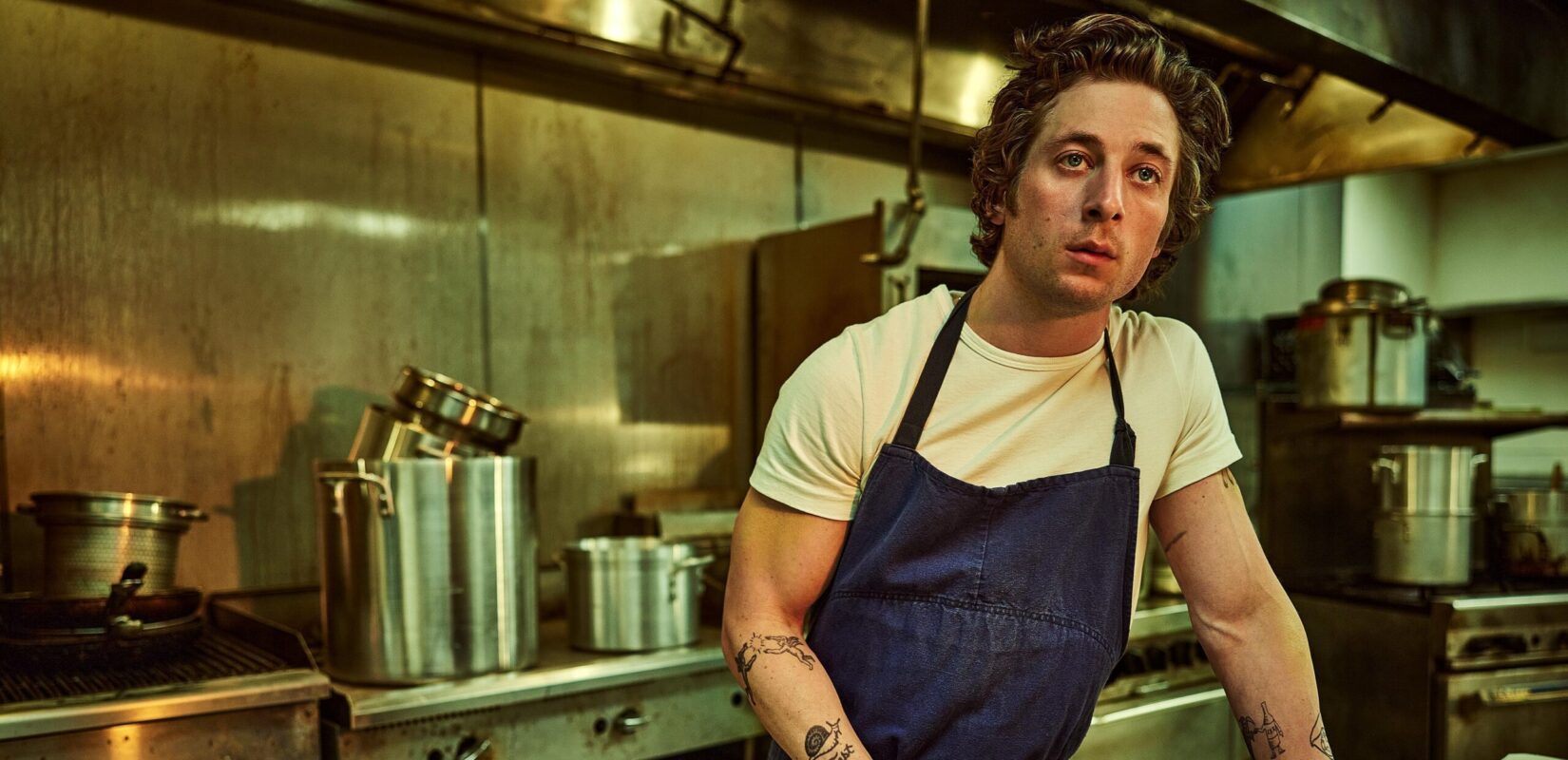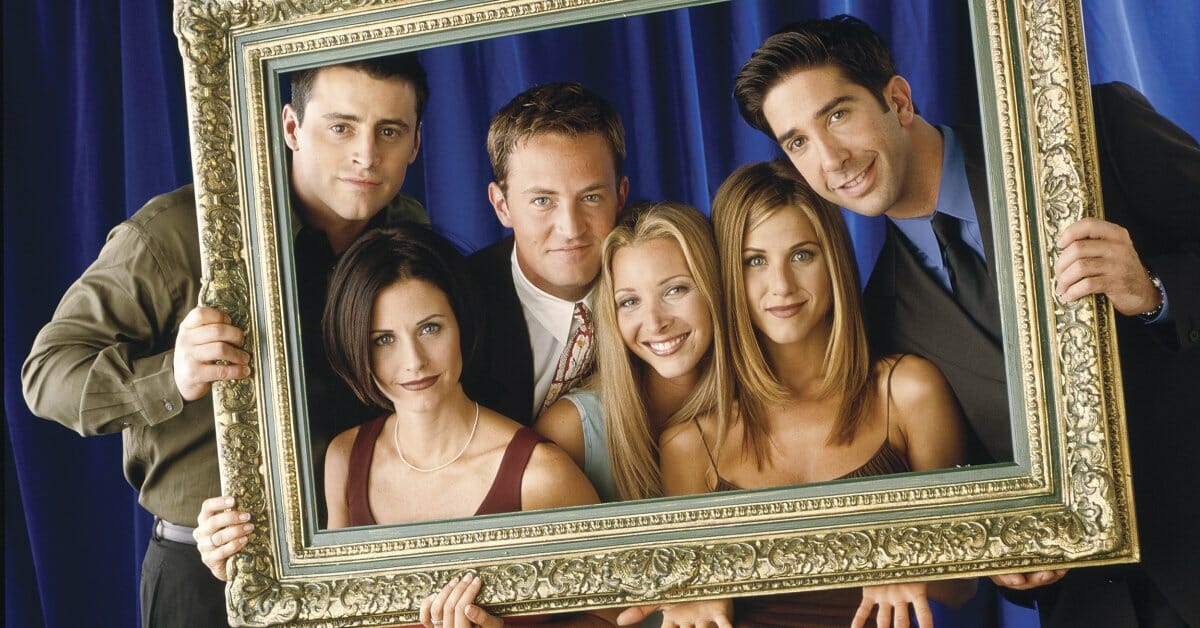
Scrubs (2001-2010) Review | The medical TV show of the 2000s that reanimated the everyday hero
Creator
Country
Seasons
Runtime
Original language
Genre
On October 2, 2001, doctor Dorian (Zach Braff) and some other “scrubs” crossed the Sacred Heart Hospital’s threshold. He’s a young medical intern full of hope and willing to step up his game. Probably, he’s not the most outstanding doctor that the medical world will remember, but he’s among those the audience will never forget.
Created by Bill Lawrence, Scrubs aired from 2001 to 2009 on NBC and later ABC after the first announced the show’s cancellation in 2007. It was meant to finish after season 8, but ABC produced one more season, subtitled Med School. Yet, as it received mixed reviews, the channel officially canceled the show in 2010. The title is based on a pun: “scrubs” are surgeons’ clothing, but the term also refers to low-ranking hospital employees.
The show received several nominations and awards, including two Emmy Awards (with seventeen nominations) and three nominations for the Golden Globe. Moreover, the episode My Way Home gained a Peabody Award. However, its greatest recognition stays in the many ways it changed forever, both in the sitcom and medical genres. Scrubs anticipated many elements in structure and contents considered standard today, but that wasn’t usual in the early 2000s. Showing hospital life for what it is and creating a steady-running plot, it signed an unforgettable turning point in TV shows.
Just a typical hospital, just your typical doctors
Doctor Dorian, nicknamed J.D., is a medical intern just starting his training. His best friend Christopher Turk (Donald Faison) also starts his internship at the Sacred Hearth Hospital. On their first day, they meet Elliot Reid (Sarah Chalke), and J.D. immediately falls in love with her. They also meet their mentor, the grouch Doctor Cox (John C. McGinley), and the head physician, Robert Kelso (Ken Jenkins). Eventually, they get to know chief nurse Carla (Judy Reyes) and the nameless Janitor (Neil Flynn), whose only aim is to make J.D.’s life impossible.
The three interns know medicine just as books taught them, and they can’t wait to see impossible cases. It takes only a few days (and multiple injections of Cox’s cynicism) to discover real life in a hospital. If most diagnoses are ordinary and easy to solve, some other patients are just destined to die. Some of them can’t afford medical expenses, and others think that money can buy health insurance too; moreover, the hospital doesn’t have much money either. J.D., Turk, and Elliot never allow their enthusiasm to abandon them. Not forever, at least.
A sitcom masked as drama
When Scrubs debuted in 2001, it was nothing like any other sitcom: it had no recorded laughs nor silly comedy. Moreover, until then, sitcoms used to have one-shot episodes and recurring situations, and the story arc assumed an increasing importance. Any episode starts and ends with a reflection by J. D. Still, while in the first seasons the focus is on medical cases, as the show goes on the main storyline revolves around character development. Later on, a predominance of the story arc on self-concluding storylines became praxis, as proved by shows such as Modern Family, The Big Bang Theory, or How I Met Your Mother.
Another relevant revolution was the massive presence of flashbacks and daydreams. They’re all products of J.D.’s mind and allow the audience to glance at his imagination and inner life. In more recent years, Fleabag did something similar, breaking the fourth wall with a protagonist speaking directly to the camera. However, J.D.’s voiceover never directly addresses the audience but comments on events and feelings.
What we decided was, rather than have it be a monotone narration, if it’s going to be Zach’s voice, we’re going to do everything through J.D.’s eyes. It opened up a visual medium that those of us as comedy writers were not used to.
Jon Weisman in an interview for Variety
Besides expressing the protagonist’s point of view (underlined by the titles, as most begin with “my”), the voiceover also highlights tragic aspects. Indeed, one more innovative aspect of the show is the importance of the drama vein. This doesn’t weaken the comedy; on the contrary, the dramatic side was emphasized by funny aspects.
It’s a job for tough people
From the narrative point of view, the show distinguishes itself from many other medical shows for being very down-to-earth. In shows such as House M. D., as much as the diagnoses can be unusual, the brilliant doctor always finds a solution, and people recover. Something similar happens in E.R., set in the middle of hell, where every emergency is a battle. But not in Scrubs: patients don’t suffer from unknown diseases, nor do doctors expose incredible diagnoses. Most of them are affected by regular illnesses, which are sometimes terminal, and in the end, they die, while patients in the emergency room usually have silly accidents or hurt themselves in comic circumstances (which is pretty realistic).
If the ladders highlight the comedy side of the show, the all-pervading presence of death stresses the heavy side of hospital life. Many films and series deal with death and how human beings survive the passing of others. For instance, in Departures, death is taboo, and Six Feet Under‘s protagonists develop an absolute indifference toward it. In others, it is simply life’s natural conclusion, while in Scrubs, it is an everyday fight for life. If J.D.’s voice fully expresses his difficulties, the more experienced Doctor Cox becomes an insensitive man. As the story develops, though, he opens up, showing himself as an emotional man who had to become cynical to live side by side with death. Unlike the Fisher family, though, Cox suffocates his sentiments, hiding what he feels behind a cold armor.
On the other hand, the romantic storyline never prevails as in Grey’s Anatomy, nor does it result in anything excessive or melodramatic. Besides romantic plots, Scrubs also gives space to other human correlations, such as friendship. Male friendship, in particular, gains importance in the link between J.D. and Turk, who have an authentic, genuine connection. While female friendship had already been expressed in many other narrations, Scrubs showed male alliance as if it had never happened before—no ambiguity nor artifice, just a solid presence that never falls.
Moreover, besides the medical staff’s private life and diagnosis, the show is very realistic in the representation of hospital administration. Dr. Kelso constantly battles against budget cuts, sudden staff changes, and the impossibility of treating uninsured patients. So doctors and nurses have to survive endless shifts and inadequate resource management. But also, there is tension between surgical and internal medicine residents: all those elements contribute to creating an extremely truthful universe full of flows and real people.
Everybody is a scrub in life
The show was supposed to end after season eight with the 40-minute-long episode My Finale. Yet, it was renewed for another season, changing the set into a medical school and introducing new cast members as protagonists. The swings led to criticisms, and the production eventually canceled the show. Many series followed the path opened by Scrubs, both from the narrative and the technical point of view. And if the show hosts various references to pop culture and a soundtrack composed just of pop music (including the opening credits), it becomes a source of memes and pop quotes.
Yet, one of the biggest revolutions that Scrubs carried out consists of the imperfect protagonists. There’s no genius super doctor who saves the situation at the last minute, nor a Sherlock Holmes of diagnosis. As the opening credits declare, singing, “I’m no Superman,” the show’s protagonists are just ordinary people trying to save lives. Sometimes they succeed, sometimes they fail, and they can learn something new from a patient. In the real world, doctors aren’t heroes and cannot permanently save lives. Most of the time, they are just tough people doing their best and finding ways to survive the situation. Still, they never give up.
Tag
Buy a ☕ for Hypercritic









